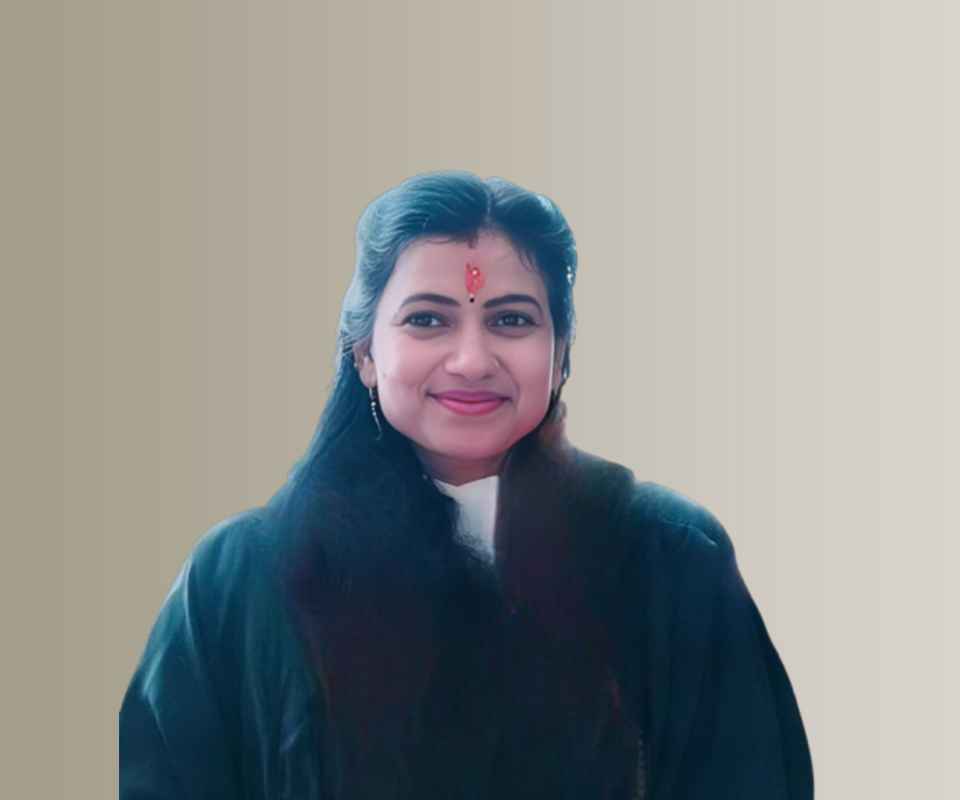Answer By law4u team
Constitution Of India Article 80: Composition of the Council of States
(1){1}[{2} The Council of States shall consist of—
(a) twelve members to be nominated by the President in accordance with the provisions of clause (3); and
(b) not more than two hundred and thirty-eight representatives of the States and of the Union territories.]
(2) The allocation of seats in the Council of States to be filled by representatives of the States {3}[and of the Union territories] shall be in accordance with the provisions in that behalf contained in the Fourth Schedule.
(3) The members to be nominated by the President under sub-clause (a) of clause (1) shall consist of persons having special knowledge or practical experience in respect of such matters as the following, namely:—
- Literature
- Science
- Art
- Social service
(4) The representatives of each State {4***} in the Council of States shall be elected by the elected members of the Legislative Assembly of the State in accordance with the system of proportional representation by means of the single transferable vote.
(5) The representatives of the {5}[Union territories] in the Council of States shall be chosen in such manner as Parliament may by law prescribe
NOTE
1. Subs. by the Constitution (Thirty-fifth Amendment) Act, 1974, s. 3, for The Council of States (w.e.f. 1-3-1975).
2. The words Subject to the provisions of paragraph 4 of the Tenth Schedule, omitted by the Constitution (Thirty-sixth Amendment) Act, 1975, s. 5 (w.e.f. 26-4-1975).
3. Added by the Constitution (Seventh Amendment) Act, 1956, s. 3 (w.e.f. 1-11-1956).
4. The words and letters "specified in Part A or Part B of the First Schedule" omitted by the Constitution (Seventh Amendment) Act, 1956, s. 3 (w.e.f. 1-11-1956).
5. Subs. by s. 3, ibid, for "States specified in Part C of First Schedule" (w.e.f. 1-11-1956).
Brief Detail
Article 80 outlines the structure of the Rajya Sabha, with a mix of representatives elected from States and Union territories, along with nominated members possessing special knowledge or experience in specific areas such as literature, science, art, and social service.
Question & Answers
What does Article 80 of the Constitution of India specify?
Article 80 specifies the composition of the Council of States (Rajya Sabha), including both elected representatives from States and Union territories and nominated members by the President with special knowledge or experience.
Why is Article 80 significant?
Article 80 is significant because it ensures representation in the Rajya Sabha from both elected and nominated members, enabling a balanced approach towards governance and representation of various specialized fields.
Example
For example, while most members of the Rajya Sabha are elected by the legislative assemblies of the states and Union territories, a small number are nominated by the President for their expertise in fields like literature or science.







